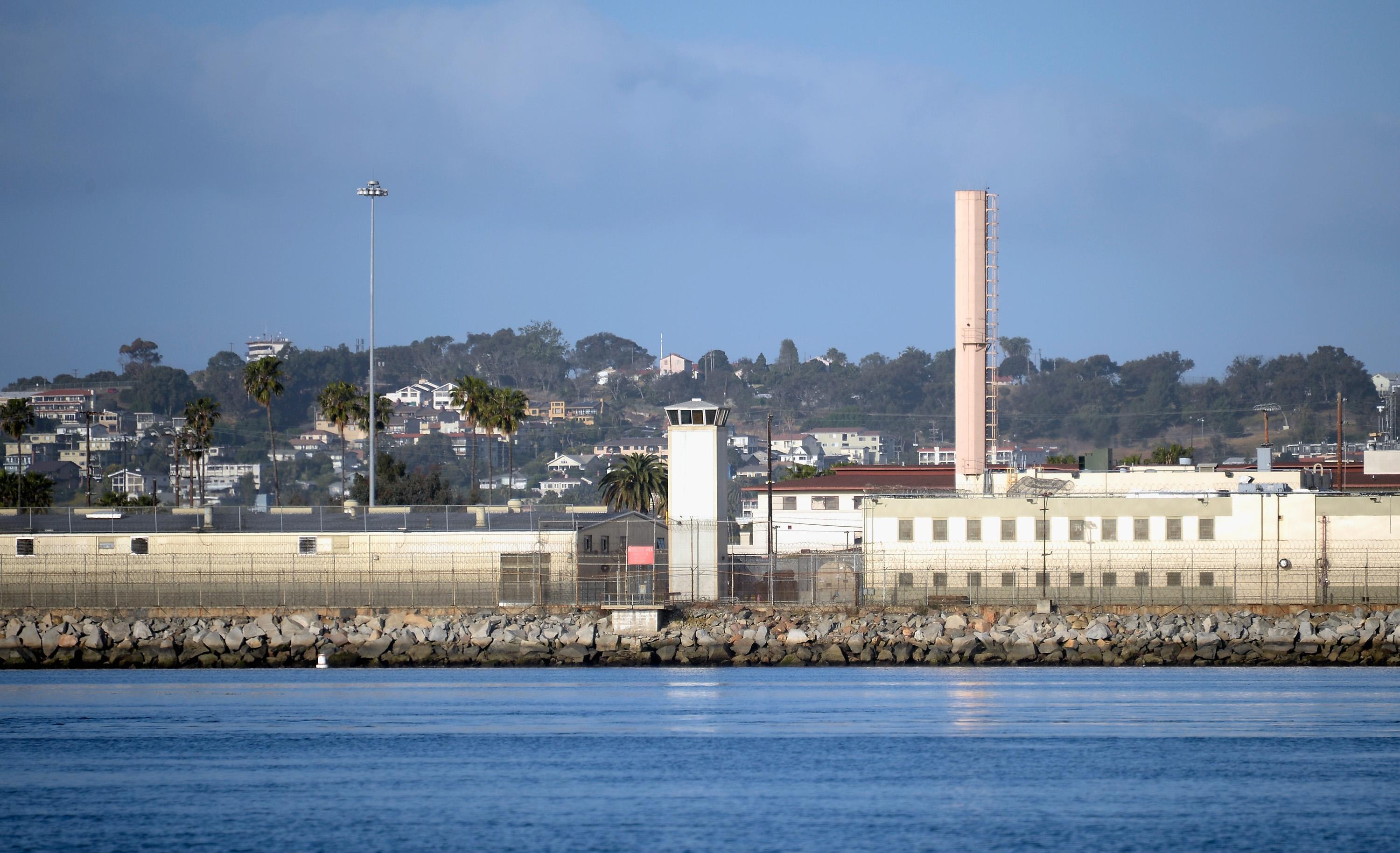Yesterday, 30,000 prisoners refused breakfast and lunch in California—kicking off what could potentially be the largest prison hunger strike in state history, according to officials. The Los Angeles Times reports that inmates at two-thirds of the state’s 33 lockups—as well as four additional out-of-state private prisons—refused meals in order to protest policies that allow indefinite isolation in prisons. And that’s not all: 2,000 inmates have also skipped work or classes.
Though the strike is still in its early stages—the corrections department won’t consider it a hunger strike until inmates miss nine consecutive meals—the protest itself began months ago. The Times has the background:
The protest was organized by a small group of inmates held in solitary confinement at Pelican Bay State Prison near the Oregon border. Their complaints focus on policies that put inmates in isolation indefinitely, some for decades, if they are suspected of having ties to prison gangs. They want a five-year limit on such isolation. They also seek education and rehabilitation programs and the right to make monthly phone calls.
And it appears that those at Pelican Bay face the most severe form of isolated confinement, according to local Southern California Public Radio station KPCC:
The super max’s so-called “short corridor” restricts prisoner to their cells 22 1/2 hours a day. Inmates leave their cell only for exercise in a high-walled concrete yard, to shower, or for medical appointments. They are allowed no phone calls and can only visit with family separated by a glass partition.
In the summer of 2011, the same group of Pelican Bay inmates launched two massive hunger strike around the same issues. At one point, more than 11,600 prisoners at one point refused meals. That strike ended when the corrections department said it would loosen isolation restrictions and review it’s policies. Two years later, it seems prisoners still aren’t satisfied with those changes.
